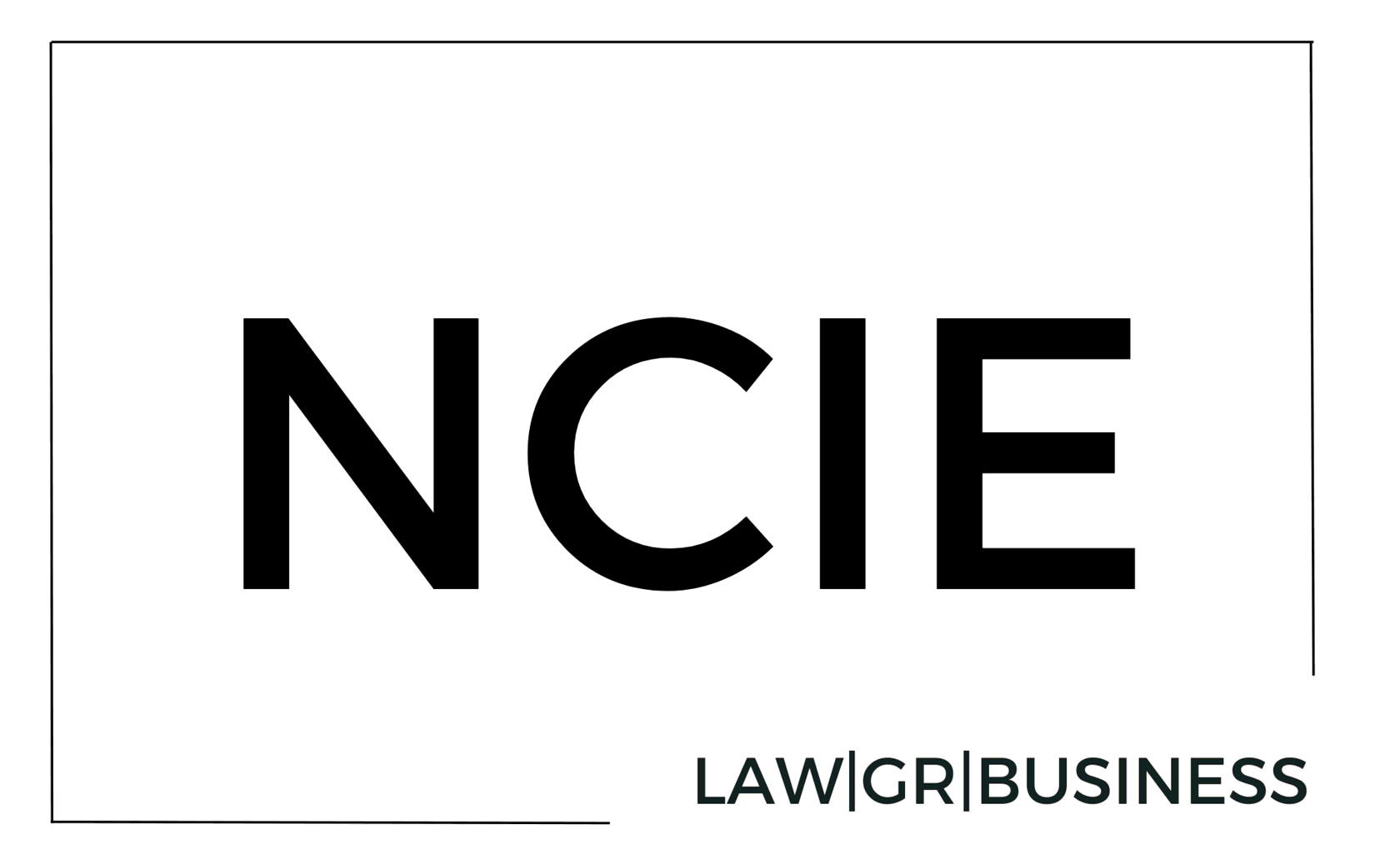A draft of the new Tax Code has been published on the Open Legal Entities portal
In 2025, significant changes to the Tax Code are planned in Kazakhstan. These changes will affect various aspects of tax legislation, including the exclusion of certain taxes and fees, adjustments to tax rates, as well as innovations in tax administration.
Privileges
Introduction of a definition of the concept of “benefit” in the project. Mandatory reflection of benefits in the Tax Reporting Form (TNF). Tax secrecy does not apply to the use of benefits: To track the effectiveness of benefits at the end of the year, a report will be provided to deputies.
Changes in CIT rates
The basic CIT rate remains 20%. Increased rates: For banks and gambling establishments: up to 25%. For manufacturing industry: 10%. For agricultural producers: 3%. Investment rates: remain unchanged. Capital expenses can be taken as deductions and carried forward for 10 years.
VAT
Offset method: applies only to means of production not produced in the Republic of Kazakhstan. For raw materials and materials a deferment of 1 year will be provided.
Social tax
The new SN rate is 6%. The reduction of the calculated amount of SN by the amount of calculated SB is excluded.
Special tax regimes
* SNR for the self-employed (patent, mobile application, platform employment). Individuals will only pay social payments, there will be no personal income tax. The income limit is 340 MCI. per month.
•SNR for small businesses (replacing simplification and RN). The threshold is 135,000 MCI per year, the object of taxation is income. There are no restrictions on numbers. The rate is 2% for B2C and 8% for B2B. SNR for peasant farms: remains unchanged, excluding the unified land tax.
Transport tax
Reduced rates: For cars over 10 years old - a 30% reduction. For cars over 20 years old - a 50% reduction.
Tax administration Creation of service groups to assist in reporting. Failure to submit reports: considered as providing zero reports. Delivery of orders: must be done by hand, the rest must be done electronically. Deferred payments: provided to stable enterprises.
Changes in social legislation
VAT administration: Creation of a new system based on ESF. Introduction of prepayment of VAT. The period will remain quarterly. VAT control: If there is no debit balance, the taxpayer will not be able to issue an ESF. Automatic control of ESF issuance is being introduced.
Introduction of a definition of the concept of “benefit” in the project. Mandatory reflection of benefits in the Tax Reporting Form (TNF). Tax secrecy does not apply to the use of benefits: To track the effectiveness of benefits at the end of the year, a report will be provided to deputies.
Changes in CIT rates
The basic CIT rate remains 20%. Increased rates: For banks and gambling establishments: up to 25%. For manufacturing industry: 10%. For agricultural producers: 3%. Investment rates: remain unchanged. Capital expenses can be taken as deductions and carried forward for 10 years.
VAT
Offset method: applies only to means of production not produced in the Republic of Kazakhstan. For raw materials and materials a deferment of 1 year will be provided.
Social tax
The new SN rate is 6%. The reduction of the calculated amount of SN by the amount of calculated SB is excluded.
Special tax regimes
* SNR for the self-employed (patent, mobile application, platform employment). Individuals will only pay social payments, there will be no personal income tax. The income limit is 340 MCI. per month.
•SNR for small businesses (replacing simplification and RN). The threshold is 135,000 MCI per year, the object of taxation is income. There are no restrictions on numbers. The rate is 2% for B2C and 8% for B2B. SNR for peasant farms: remains unchanged, excluding the unified land tax.
Transport tax
Reduced rates: For cars over 10 years old - a 30% reduction. For cars over 20 years old - a 50% reduction.
Tax administration Creation of service groups to assist in reporting. Failure to submit reports: considered as providing zero reports. Delivery of orders: must be done by hand, the rest must be done electronically. Deferred payments: provided to stable enterprises.
Changes in social legislation
VAT administration: Creation of a new system based on ESF. Introduction of prepayment of VAT. The period will remain quarterly. VAT control: If there is no debit balance, the taxpayer will not be able to issue an ESF. Automatic control of ESF issuance is being introduced.
